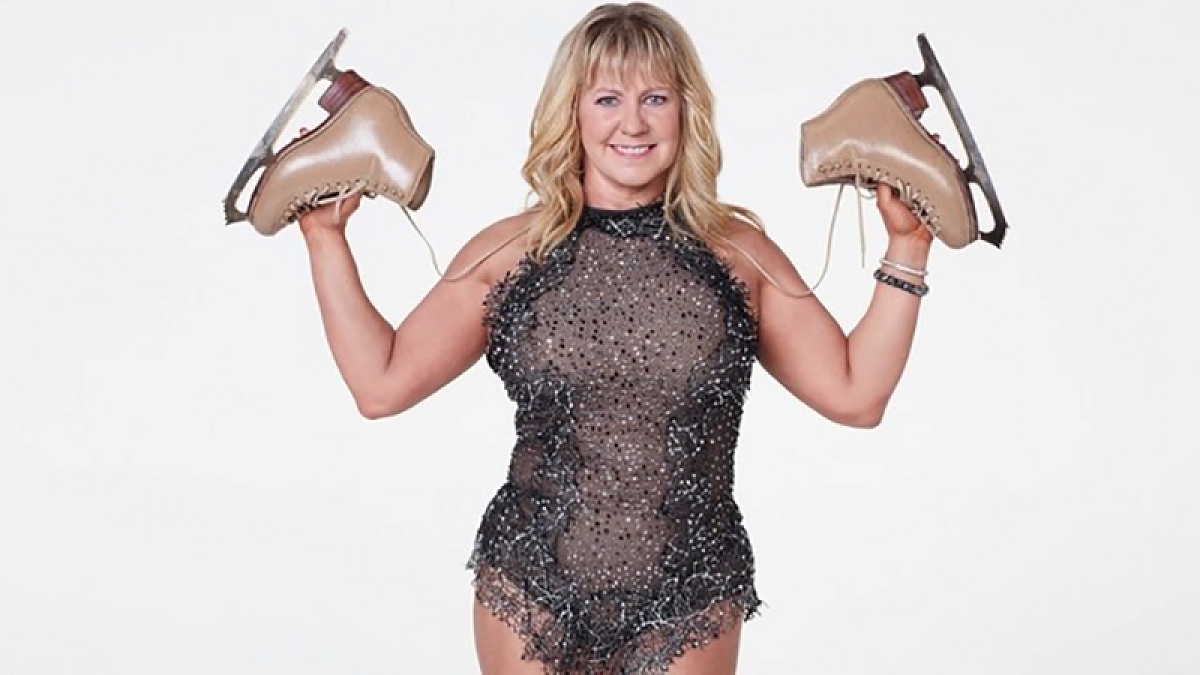For Tonya Harding, it started when she was just 5 years old.
“You’re fat.” “You’re ugly.” “You’re never going to amount to anything.” And over the next 30 years, the verbal abuse escalated and became physical assaults. Harsh words turned into slaps, kicks, punches and beatings from the hands of others.
On Thursday, March 14, Harding, a domestic violence survivor, will share her story at the Domestic Violence Clinic’s 20th anniversary Celebration Gala and Fundraiser at the Ford Alumni Center. This is the first time she has been asked to use her platform to address domestic violence.
“This is me telling people what I had to go through and how I have gotten through it,” Harding said. “I’m hoping that I can help someone else.”
Merle Weiner, professor at the School of Law and faculty director of the Domestic Violence Clinic, believes Harding’s story will resonate with survivors and bring to light the work done by the clinic in Lane County.
“We serve victims of domestic violence, stalking and sexual assault,” Weiner said. “Tonya experienced all these things — and she survived. Tonya knows personally how victims need to be believed and supported, and how legal help can be beyond one’s reach. We want to ensure that women like Tonya have access to legal resources. We can help.”
In fact, the clinic and Oregon Law Center’s Survivors Justice Center are the only providers of free legal services to low-income survivors in Lane County. The clinic works closely with Womenspace and Sexual Assault Support Services for referrals and to provide holistic support for victims.
Last year, with a team of faculty and students from the School of Law, the clinic served more than 275 survivors, a mere fraction of the women in need of help.
Based on findings from the 2016 Women’s Foundation report, Count Her In, roughly “one million Oregon women — nearly 50% of the state’s female population — have experienced sexual or domestic violence, one of the highest rates in the country.”
These numbers may be shocking to some, but not to Harding.
“Domestic violence happens everywhere,” Harding said. “It happens every single day and so much of it we don’t see.”
With this new platform, Harding wants people to realize that for many domestic violence victims, talking to a friend or picking up a phone and asking for help is a difficult thing to do.
“It took a long time for me to ask for help because I was ashamed,” Harding said. “I felt small, belittled and thought that I didn’t amount to anything. I had to realize that I am worth something. Every day, I have to push forward no matter what is thrown my way, and that’s really hard to do. But if you want to succeed at just living life, you have to take it one step at a time.”
To hear more of Harding’s story and to support the work of the Domestic Violence Clinic, people are encouraged to purchase tickets now through March 3.
—By Rayna Jackson, School of Law


